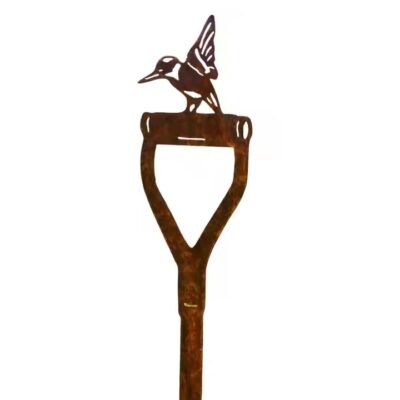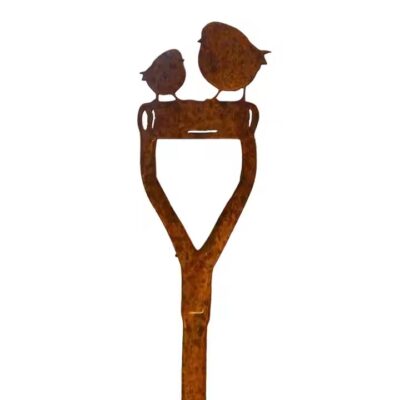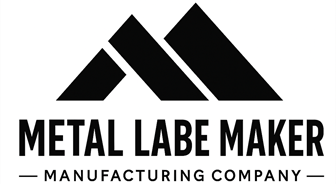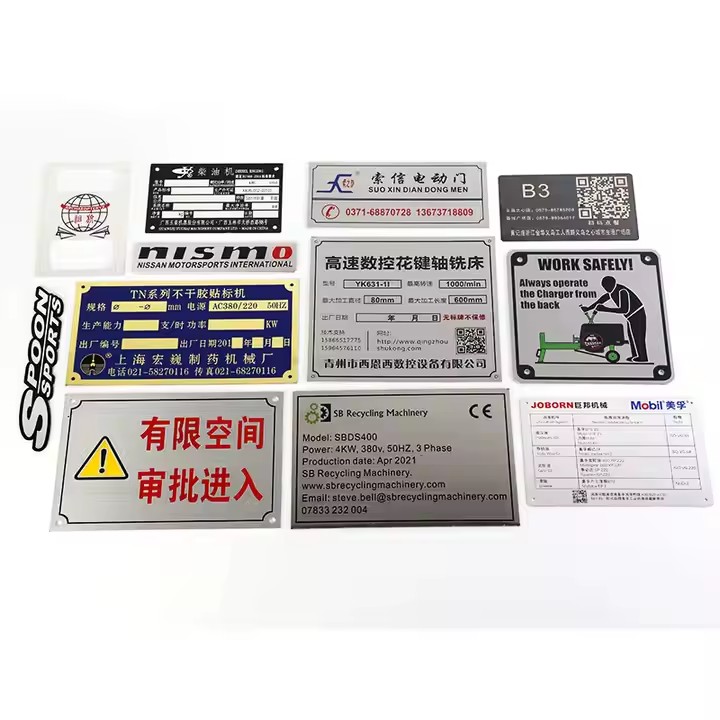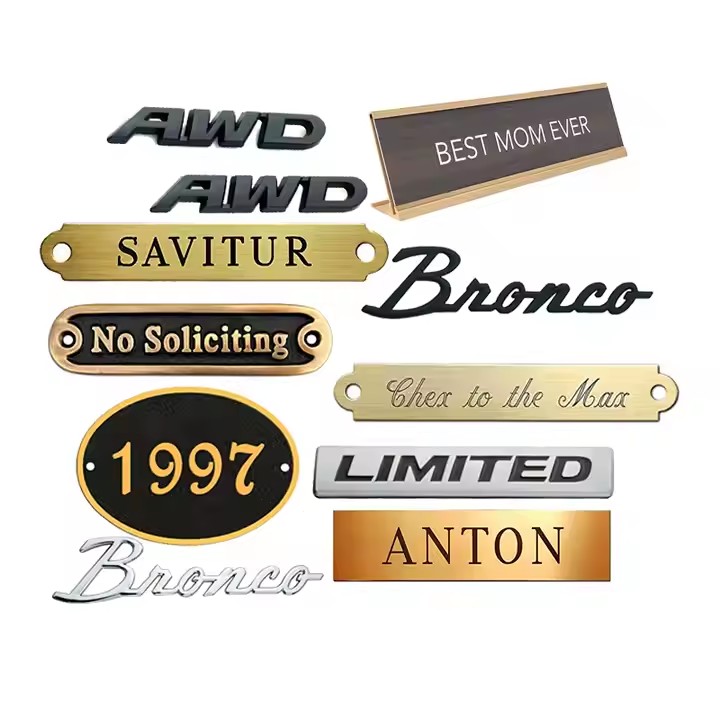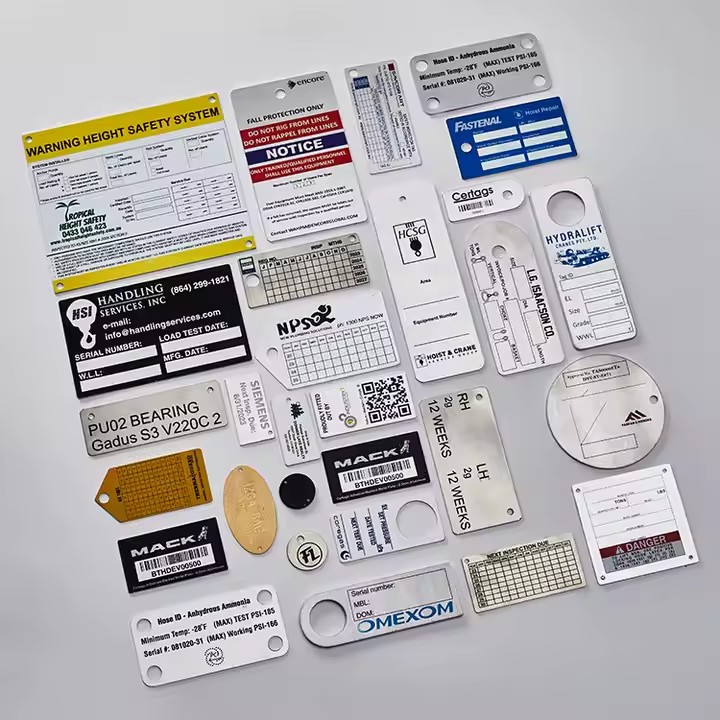Common Materials for Metal Plant Labels and Their Characteristics
Introduction
Metal plant labels are essential tools for gardeners, horticulturists, and landscapers who require durable and reliable identification solutions for plants. The choice of material significantly impacts the label’s longevity, appearance, and suitability for different environments. This article explores the common materials used for metal plant labels and their unique characteristics.
1. Aluminum
Aluminum is one of the most popular materials for metal plant labels due to its lightweight nature and excellent corrosion resistance. It does not rust and can withstand exposure to sunlight, rain, and various weather conditions. Aluminum labels are easy to engrave or print on, making them ideal for both indoor and outdoor use. Additionally, aluminum is cost-effective, making it a preferred choice for bulk orders.
Characteristics:
-
Lightweight and flexible
-
Rust-resistant and corrosion-proof
-
Good heat and UV resistance
-
Cost-effective and widely available
Best for: Gardeners looking for affordable, durable, and weather-resistant labels suitable for most environments.
2. Stainless Steel
Stainless steel is known for its superior strength and durability. It is highly resistant to rust, corrosion, and physical wear, making it suitable for harsh outdoor environments. Stainless steel labels can maintain their legibility and appearance for many years, even in extreme weather conditions. However, stainless steel is generally heavier and more expensive than aluminum.
Characteristics:
-
Extremely durable and strong
-
Excellent resistance to rust and corrosion
-
Maintains appearance over time
-
Higher cost compared to aluminum
Best for: Applications requiring long-term durability and exposure to challenging outdoor conditions such as industrial or coastal areas.
3. Brass
Brass is an alloy of copper and zinc, offering a distinctive golden appearance that adds an elegant and classic touch to plant labels. It has good corrosion resistance and can develop a natural patina over time, which some gardeners appreciate for its antique look. Brass labels are usually thicker and heavier than aluminum but lighter than stainless steel.
Characteristics:
-
Attractive golden color and finish
-
Good corrosion resistance
-
Develops patina for vintage aesthetics
-
Moderate durability and weight
Best for: Decorative or premium plant labeling where aesthetics are important, such as botanical gardens or luxury landscaping projects.
Conclusion
Choosing the right material for your metal plant labels depends on your specific needs, environment, and budget. Aluminum offers a cost-effective and durable solution for general use, stainless steel excels in demanding conditions, and brass provides a decorative and timeless appeal. Understanding these material characteristics will help you make informed decisions for your gardening or landscaping projects.
